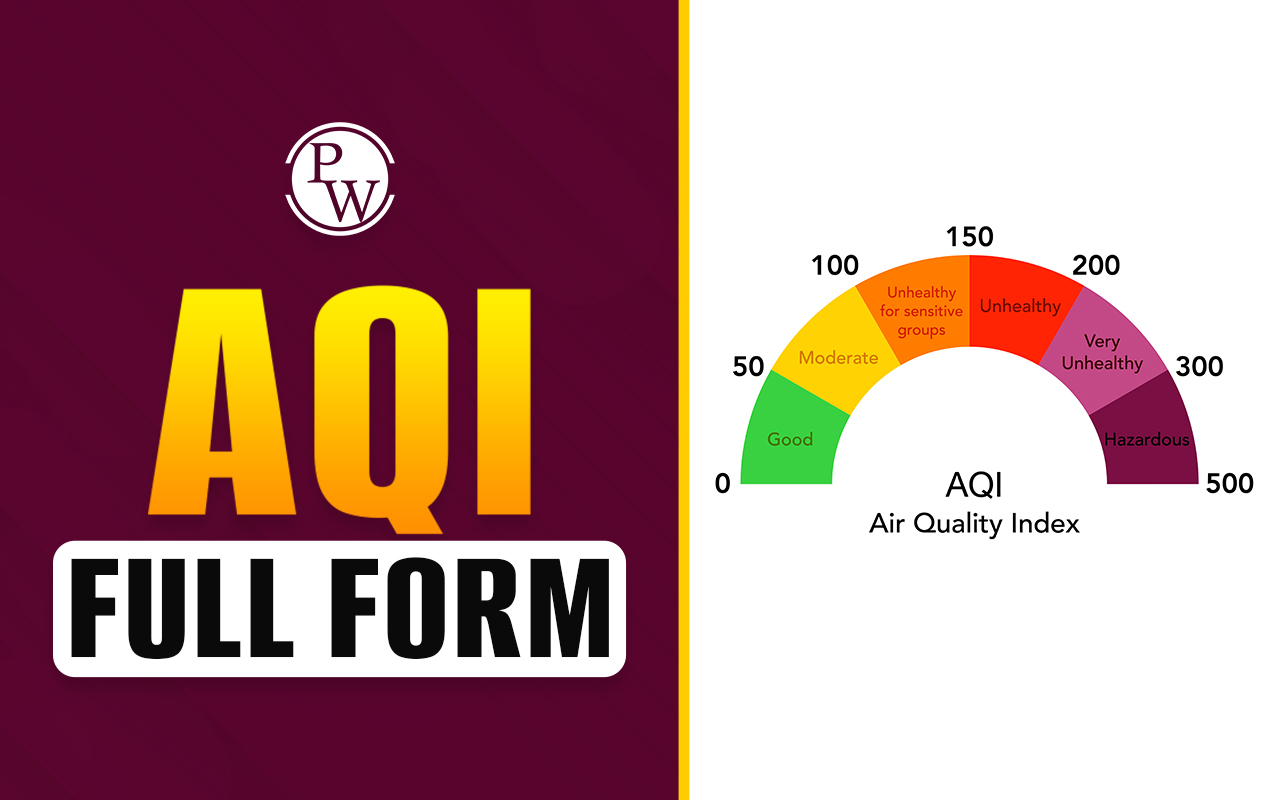

The acronym SWO stands for "Senior Watch Officer," and it is used to describe the role of a senior officer responsible for overseeing operations and making critical decisions.
The role of a Senior Watch Officer is crucial, and it requires individuals with specialized skills and knowledge. The SWO is responsible for monitoring various activities, identifying potential problems, and making timely decisions to ensure that everything runs smoothly.
The SWO role can be found in several industries, including the military, aviation, and maritime, among others. Understanding the significance of SWO and its role in various industries is essential, and it begins with knowing its full form.
Brief Background About SWO
The Senior Watch Officer (SWO) is a role that has been in existence for several years, and it has evolved over time. The SWO is typically a senior officer who is responsible for overseeing operations, making critical decisions, and ensuring that everything runs smoothly. The role of the SWO varies depending on the industry and the context of its usage.
Military
In the military, the SWO is responsible for overseeing the watch on the ship or the command post, depending on the assignment. The SWO monitors the vessel's operations and ensures that the crew adheres to the set protocols. The SWO also makes critical decisions in case of an emergency, such as a fire, a collision, or a terrorist attack.
Aviation industry
In the aviation industry, the SWO is responsible for monitoring air traffic, ensuring that flights are on schedule, and making critical decisions in case of an emergency. The SWO works closely with other air traffic control officers to ensure that planes take off and land safely, and they can make decisions to reroute planes if necessary.
Maritime industry
In the maritime industry, the SWO oversees operations on the ship, monitors weather conditions, and makes decisions that ensure the safety of the crew and cargo. The SWO also works with other officers on the ship to ensure that everything runs smoothly.
Understanding its Full Form and Significance
The SWO stands for Senior Watch Officer. The title is commonly used in various industries such as the military, aviation, and maritime, to refer to a senior officer who is responsible for overseeing operations and making critical decisions.
The acronym SWO has a clear and concise meaning that is easy to understand. The term "senior" denotes that the officer in this role is a senior member of the team, with significant experience and expertise. "Watch" refers to the duty of monitoring and observing the activities taking place within their purview. "Officer" is a title of leadership and authority, indicating that the person holding the role has the responsibility to make decisions and ensure that operations run smoothly.
Each word in the SWO acronym is significant and plays a crucial role in defining the responsibilities and authority of the person holding the position. "Senior" highlights the experience and knowledge needed to take on this role, while "Watch" denotes the vigilant observation and monitoring required. "Officer" indicates the authority and decision-making responsibilities associated with this position.
Understanding the full form and meaning of SWO is crucial for appreciating the importance and significance of the role. The SWO's responsibilities and decision-making authority are critical to the smooth operation of several industries, making it a role that should not be underestimated.
History of SWO
The role of the Senior Watch Officer dates back to the early days of maritime history, where a designated officer was responsible for monitoring and observing the ship's activities. In the military, the term SWO was first used in the US Navy during World War II to describe the officer responsible for ensuring the safety of the ship and crew during combat operations.
Over time, the role of the SWO has evolved to include overseeing not only combat operations but also day-to-day activities in various industries. As industries have become more complex and regulated, the SWO's responsibilities have grown to include risk management, compliance, and quality assurance.
In recent years, technology has also played a significant role in the evolution of the SWO role, with advanced monitoring systems allowing for more efficient and effective observation and decision-making.
Some significant milestones in the history of SWO include the establishment of the Naval Surface Warfare Officer School in 1975, which provided comprehensive training for SWOs in the US Navy. In the aviation industry, the SWO role has been critical in ensuring safe and efficient flight operations, with organizations such as the Federal Aviation Administration (FAA) recognizing the importance of SWOs in maintaining safety and regulatory compliance.
Role of SWO
The SWO's primary responsibility is to ensure the safety and security of the industry it serves. In industries such as aviation, maritime, and manufacturing, the SWO plays a vital role in overseeing risk management, compliance, and quality assurance. By monitoring and observing operations, the SWO can identify potential risks and take appropriate action to mitigate them, ensuring the safety of employees and customers.
The contributions and achievements of SWOs in their respective industries cannot be overstated. They have played a vital role in maintaining regulatory compliance, improving safety and security protocols, and implementing best practices.
In the aviation industry, for example, SWOs have been instrumental in developing new technologies to improve flight safety, such as advanced monitoring systems and real-time data analysis.
There are several examples of how SWOs have influenced the industries they serve. In the maritime industry, SWOs have been crucial in ensuring the safety and security of vessels and their crews, particularly in high-risk areas such as piracy-prone regions.
In the manufacturing industry, SWOs have played a critical role in implementing safety protocols and ensuring compliance with environmental regulations.
In conclusion, SWOs play a crucial role in ensuring the safety, security, and efficiency of the industries they serve. Their contributions and achievements in the field are significant, and their influence can be seen in various ways. As industries continue to evolve and become more complex, the SWO's role is likely to become even more critical in the years ahead.
[wp-faq-schema title=" Full Form Of SWO FAQs" accordion=1]
What industries use SWOs?
What is the role of an SWO?
How has the role of SWOs evolved over time?
What are some examples of SWO contributions to their respective industries?












